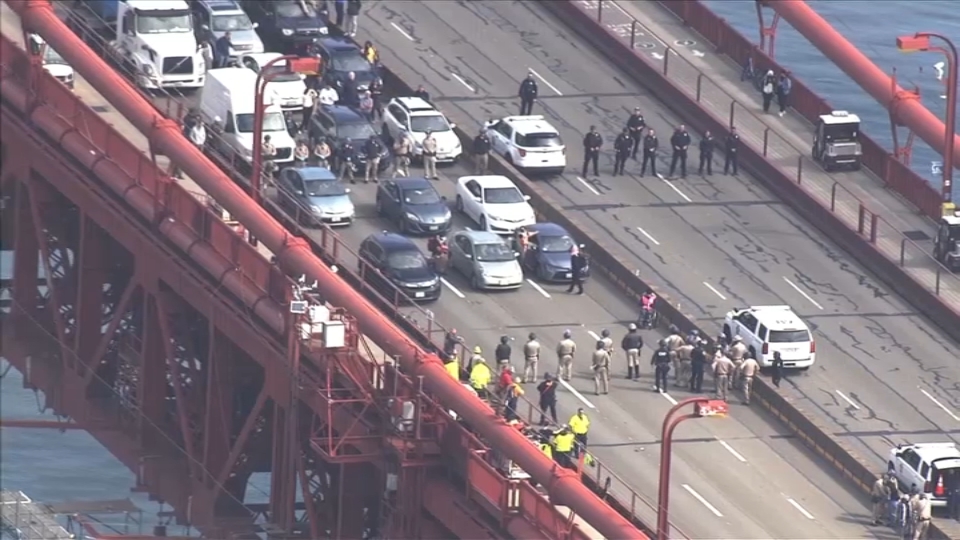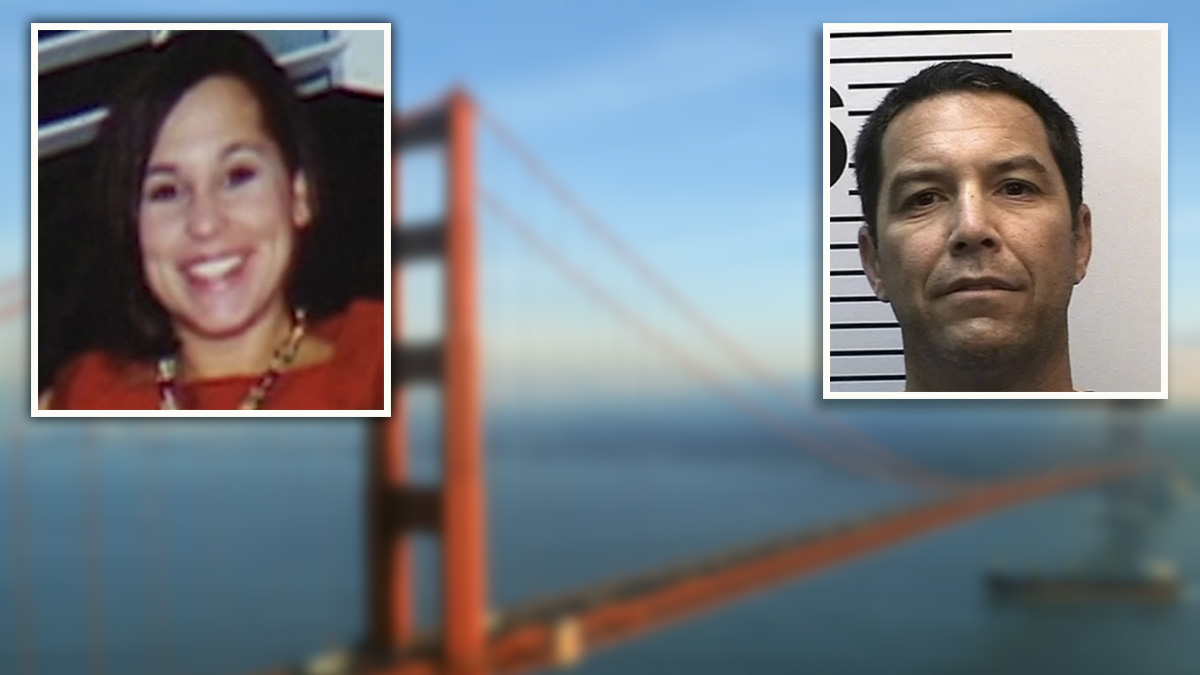Taxi drivers at San Francisco International Airport caused massive traffic issues Monday night when they began circling the lower domestic loop of the airport protesting the rideshare services, Uber and Lyft, which were recently granted rights at the airport.
In addition to causing traffic gridlock at the airport entrance, the taxi protest organized by the San Francisco Taxi Workers Alliance, forced the 75 to 100 passengers in line for a cab to wait a bit longer. Drivers refused to take passengers anywhere beginning at 9 p.m. This protest mirrors similar cabbie uprisings in Washington, D.C., Boston, and London.
"We’re trying to let people know that the taxi cab industry is being eaten away by the very small pie already that exists," taxi driver Terry Wu said. "And a lot of these drivers out here, they’re losing an average of 30, 35, 40 percent of their income."
An anonymous taxi driver added: "We have to pay all those expenses. We go through background checks, we have to go, we have to pay gate, we have to pay airport, and they're not doing any of that stuff, so, this is not a fair game, you know what I mean? So we're here to fight for our right. That's all."
Wu and other taxi drivers don't think it's fair that the so-called ridesharing services or "Transportation Network Companies," which charge passengers just like taxis, don't have to follow all the regulations that taxi drivers do - although the California Public Utilities Commission issued a host of rules on the startup companies last year. Some of those rules include: getting a license from the utilities commission, undergoing criminal background checks, having a driver training program, and maintaining a “zero tolerance” policy on drugs and alcohol.
Conversely, the San Francisco Municipal Transportation Commission regulates taxis.
Still, there are certain regulations ridesharing companies don't have to follow. SFMTA spokesman Robert Lyles said that taxi companies must buy $250,000 taxi medallions required to work in San Francisco, while ridesharing companies don't have to purchase anything. And ridesharing drivers are not required to go to weeklong private taxi schools, which taxi drivers must attend, in addition to an eight-hour training with the SFMTA.
Local
Mark Gruberg, a member of the taxi workers' alliance, also added that a lot of the ridesharing rules are simply weaker: Rideshare drivers go through private background checks, while taxi drivers are mandated to be checked out by the FBI and the Department of Justice. Taxi drivers must have their vehicles inspected by the San Francisco police, while rideshare cars leave inspections to their own self-regulation, he said.
Uber did not immediately respond for comment for this taxi protest. But Sidecar issued a blog post saying that the taxi protest is a "perfect illustration of why consumers need more transportation options like Sidecar at our airports." And Lyft emailed a statement that says "Lyft pays all applicable fees for drop-offs and pick-ups and has developed technology that ensures total transparency while operating on airport grounds."
Despite the rules imposed on them, an NBC Bay Area investigation last month revealed that police had issued "hundreds of citations" to rideshare companies at SFO, Oakland and San Jose airports in a four-month period, where drivers were cited for trespassing, driving without a valid license and having no insurance. Documents analyzed by NBC Bay Area suggest that Uber and Lyft may be encouraging drivers to break the rules and simply pay the fines.
Still, there are rules rideshare companies are told to follow - even though cabbies complain they don't.
At SFO, Lyft and Uber pay an airport fee of $3.85 per trip, and cabs pay $2.00 for short trips, and $4.00 for long trips, just like taxis, according to airport spokesman Doug Yaekel. And both have to undergo the same permitting process to drive at the airport.
Then, in September, Gov. Jerry Brown signed a bill requiring ridesharing companies to buy $1 million insurance when drivers have passengers on board, same as taxis. But those requirements go down to $200,000 when drivers do not have passengers in their vehicles - something that SFO and the taxi drivers argue isn't fair. The insurance rules don't take place until July.
At least one passenger, was angry Monday night with the taxi drivers because of the protest, not the ride-sharing service.
Jeff Gilmore tweeted a photo of the gridlock and wrote: "Backing up traffic. Makes me never want to use a taxi again. #Backfire."
NBC Bay Area's Stephanie Chuang contributed to this report.



